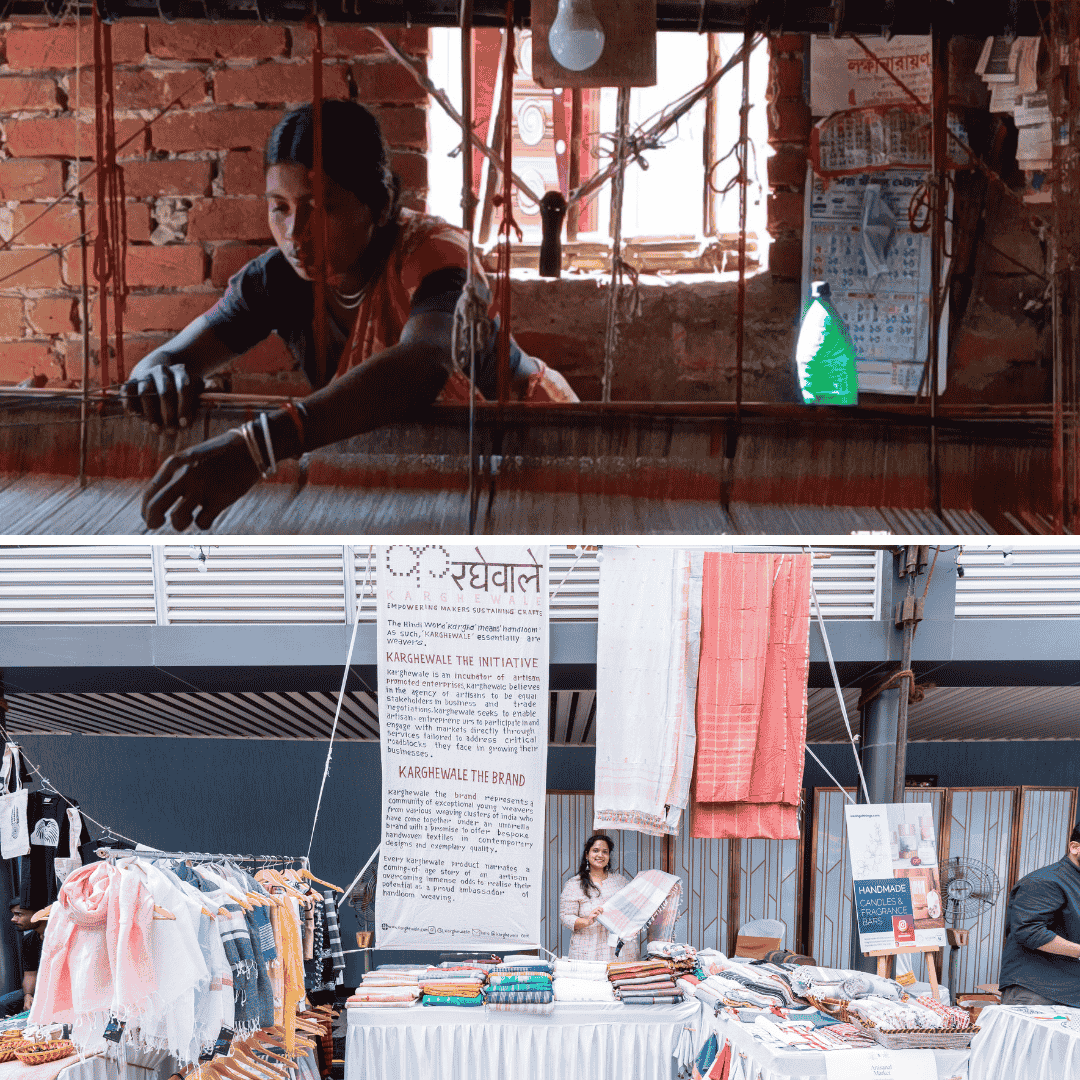In the development realm, where challenges often overshadow recognition, the Junoon Awards are a tribute to passion-driven impact and to inspire innovations and collaborations in the development sector. Derived from the Hindi word for “passion,” these awards celebrate the courage, innovation, and resilience of organizations that dare to push boundaries for the greater good.
More than just an accolade, the Junoon Awards recognize those who turn challenges into opportunities and redefine the possibilities of change, ensuring that these unsung heroes of the development sector receive the recognition they deserve. The inaugural Junoon Awards in 2023 celebrated resilience during the pandemic, recognizing individuals and organizations with remarkable perseverance and innovation.
Amid the challenges of COVID-19, these changemakers adapted, found new ways to continue their work, and made a lasting impact. Their efforts stood as a testament to human strength and ingenuity, making the awards a tribute to determination and progress in the face of adversity.
Building on the success of its inaugural edition, the Junoon Awards 2024 embraced the theme “Empowering through Innovations,” celebrating organizations that challenged conventional models with bold, creative solutions. This year’s awardees showcased how fresh perspectives can drive meaningful social impact.
Among them, the Karghewale (Karuka Foundation) has been recognized for its innovative approach to strengthening artisan communities through design entrepreneurship, sustainable livelihoods, and market access initiatives. With a strong focus on creative autonomy, financial sustainability, and systemic transformation, Karghewale integrates traditional craftsmanship with contemporary market demands. By fostering artisan-led enterprises and redefining the role of intermediaries, the foundation exemplifies how strategic incubation can drive meaningful change in the handmade sector.
Karghewale has been at the forefront of empowering weavers and artisans, working to transform skilled laborers into independent creative entrepreneurs. One of its most impactful initiatives is its incubation program, launched in December 2020, which provides young artisans (18–30 years) from Madhya Pradesh, Gujarat, Bihar, and West Bengal with structured training, mentorship, and business support.
By bridging the gap between traditional skills and evolving consumer markets, this model ensures artisans gain financial independence, creative recognition, and sustainable livelihoods. Through this initiative, Karghewale is paving the way for a thriving crafts ecosystem where artisans take ownership of their designs, establish self-sustaining enterprises, and preserve India’s rich textile heritage.
Unlike the Handmade Manufacturing Model (HMM), which dominates India’s textile crafts sector, Karghewale’s model fosters artisan-led microenterprises. It bridges the gap between traditional skills and contemporary markets while preserving artisans’ creative autonomy. The program offers six core services, including supply chain linkages, raw material access, financial management, business technology support, legal assistance, and trend forecasting. Through mentorship, artisans develop their design language, create unique textile collections, and receive structured market feedback to refine their work.
Since its launch in December 2020, the incubation model has been successfully piloted with 32 artisans, proving its financial sustainability. By 2026, Karghewale aims to scale the program to 200 artisans, indirectly benefiting over 2000 peers and impacting 5000 lives. The model integrates market-driven revenue generation, allowing artisans to sell their self-designed products through Karghewale’s domestic and international networks, reducing reliance on external funding.
Karghewale envisions systemic transformation in the handmade sector, positioning artisans as independent creative forces. The program’s expansion plan includes collaborating with government bodies and foundations to replicate the model across various craft clusters.
Beyond weaving, the initiative aims to support other craft communities, fostering a broader creative economy. By building a sustainable incubation framework, Karghewale is redefining artisan entrepreneurship, ensuring long-term impact while preserving India’s rich craft heritage.
The Logical Indian’s Perspective
The Logical Indian applauds Karghewale for empowering over 150 artisans as creative entrepreneurs while preserving India’s textile heritage. Their approach blends tradition with innovation, promoting dignity, self-reliance, and sustainable livelihoods.
This work reflects our values of empathy, dialogue, and harmony, showing how kindness and collaboration can drive positive social change. How can communities and policymakers join hands to replicate such inclusive models across India? Let’s start a conversation on fostering growth through empathy and innovation.












